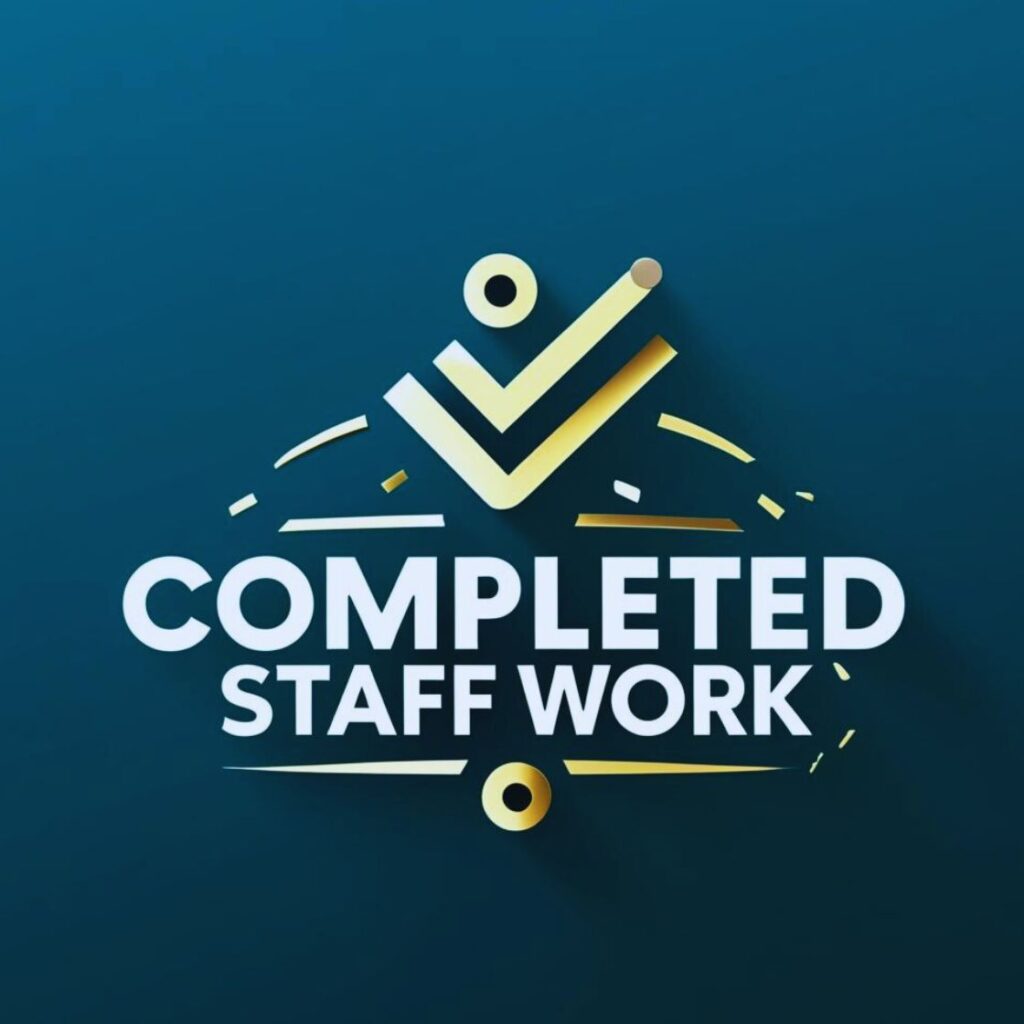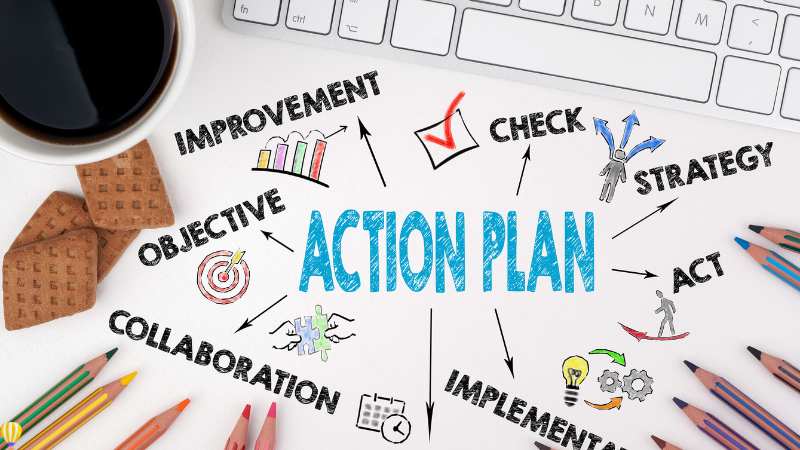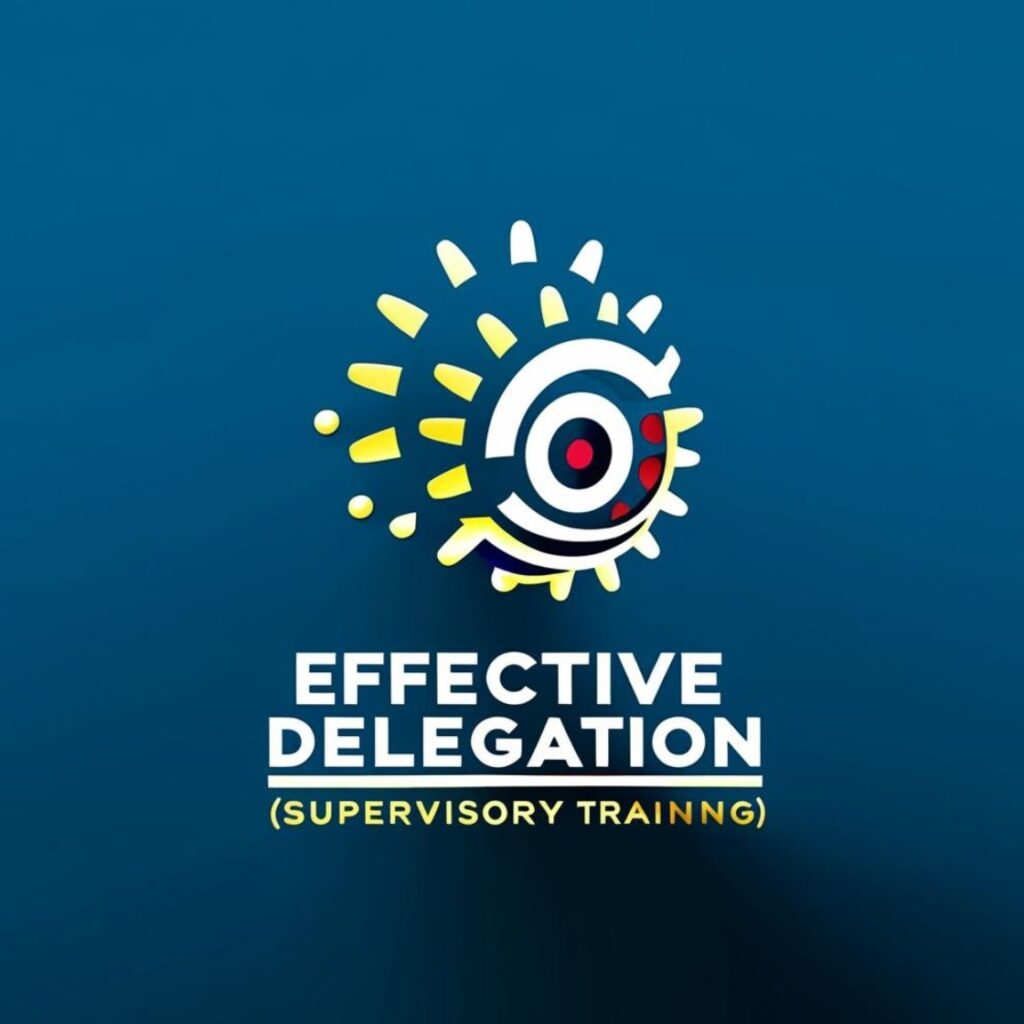One common characteristic of good managers is that they continue to build skills. They know that in a VUCA world, there are times when they need to lead in the dark.
Even when they don’t have all the information they need to make quality decisions, they have better chances of making it right because of the skills they developed. These managements make them agile leaders.
I recommend that you explore the rest of the articles below and find out how you can bring the relevant leadership training programs to your organizations.
Here’s an effective way to train managers. You can make them develop their skills on the job.
Clarify Measurable Results
The purpose of training managers is not only to give them new knowledge about supervising. This is the common mistake of vendors who give management skills training.
What they do is provide participants with information that is good to know but is not immediately applicable. Do not make your managers drink on a fireman’s hose.
Train on purpose.
Identify the change you want to happen. Find a problem that needs fixing. Or look for opportunities that you can grab now.
Write your measurable goal in one sentence. You may have two or three goals in one training, but it is best to keep the focus on one goal.
Here are examples of goals for a sales supervisor.
- Improve sales by 20 percent in three months.
- Conduct sales coaching once a week for the next three months.
- Improve client satisfaction rating from 89 to 95 percent in 60 days.
Identify Skills, Then Vital Behaviors
Find the skills necessary for your managers to get the job done. You can search on the internet for these skills.
A better way, of course, is to look for people who are already delivering the measurable results you intend to achieve. Figure out what they are and the skills they use to get the job done.
One person does not possess all the essential skills. But I bet you have people who can demonstrate the skills you need to bring the best results.
Let us try our hand with the first example above: Increase sales by 20 percent in three months.
On the surface, the most obvious skill to develop is sales skills. People got to learn sales skills to sell more. It does not require a genius to figure that out, right?
Not always.
In one of the very few sales training sessions I conducted, the team was able to increase 30 percent sales by prioritization.
Some call it first things first. But very few get it right.
We did not consult the Internet for solutions. In an hour session, we asked questions. The sales team discovered that the opportunity is in the time they make sales calls, the people they talk to, and the measures they must be hitting.
We identified the three behaviors that managers must do every day to help the sales team. We also identified the three vital behaviors that the sales team must do every day.
Great leadership isn’t an event—it’s a habit. Get actionable leadership habits every Monday and Thursday.
Engage Your Team
Do you know why training programs fail?
Training programs fail because they do not have specific targets. But once you clear measurable results and vital behaviors, you will know what to expect from people.
The purpose of training is the application on the job of vital behaviors that will deliver the desired results.
If you do not know your desired results and your vital behaviors, you are just wasting your time.
The classroom training, therefore, is just 10 percent of the learning process. I do not mean that its value is only 10 percent since effective training is a multiplier.
Great training can double your results.
But classroom training alone does not ensure that people will learn. That’s because learning is a behavior change. You’ve got to ensure that people apply the vital behaviors that bring results.
I can discuss more of this some other time. I included it here to show the importance of training supervisors, that you can do it right, and that it is easy.
Ultimately, I want to help you identify the skills you need more for the job.
Let’s move on, shall we?




